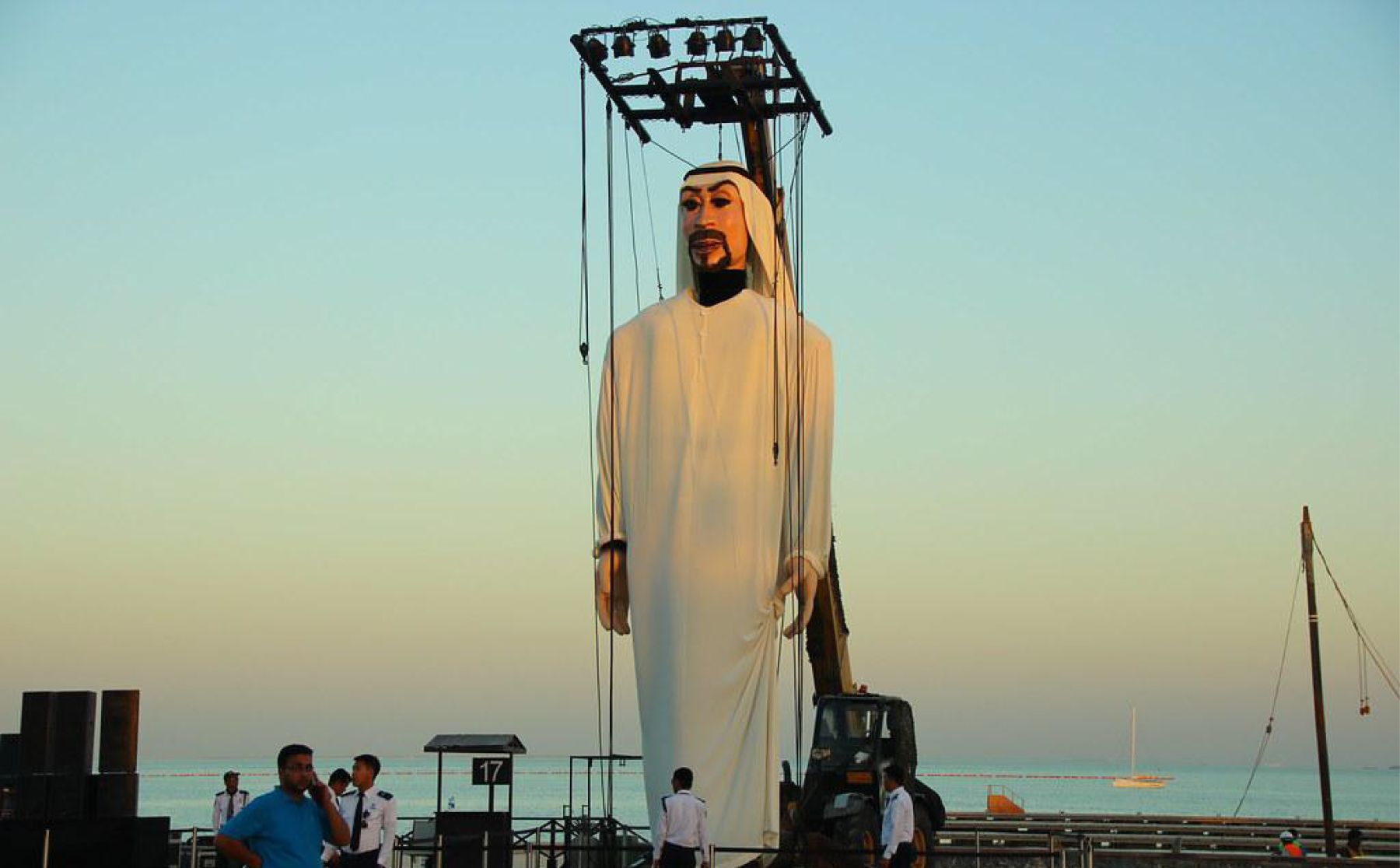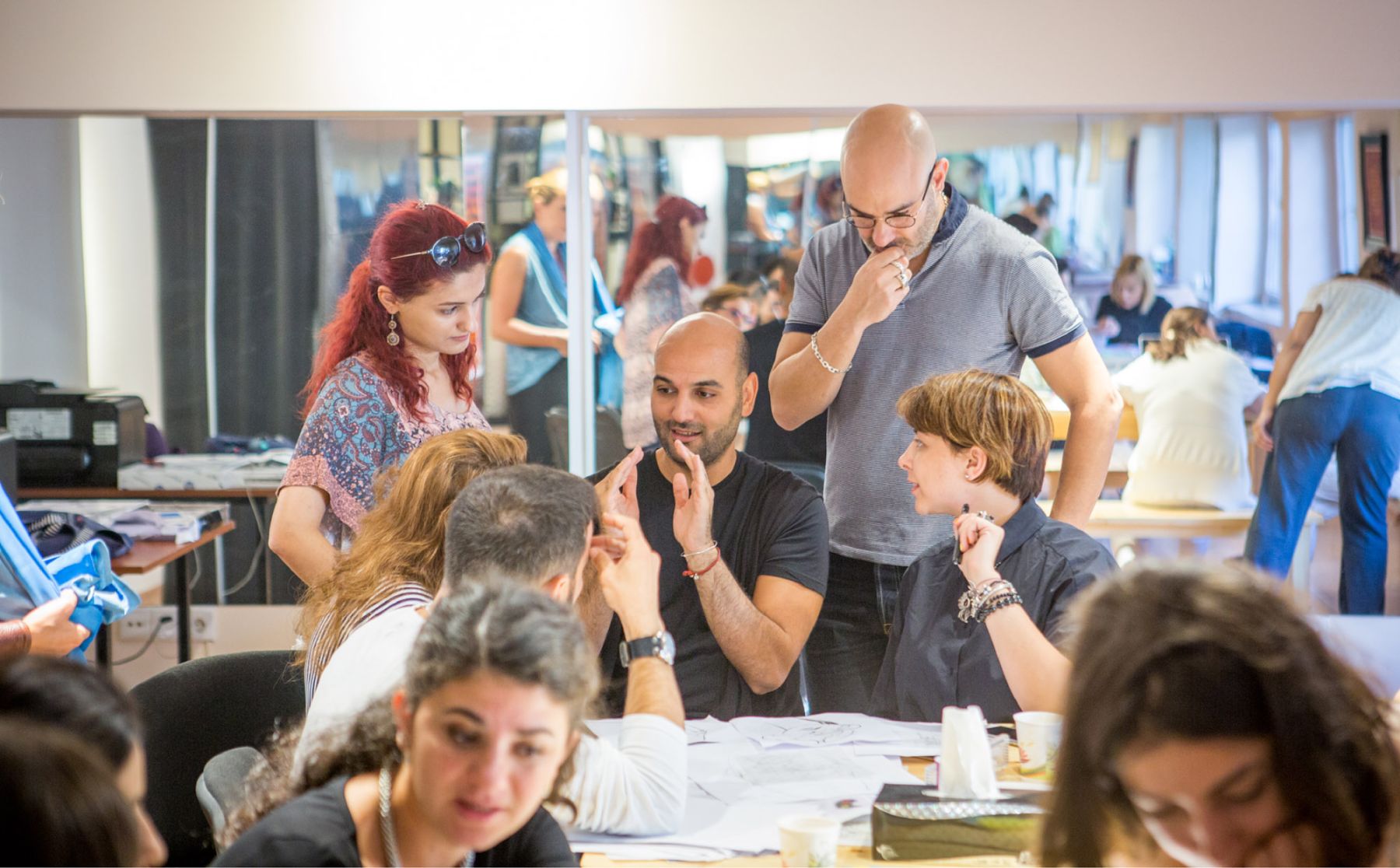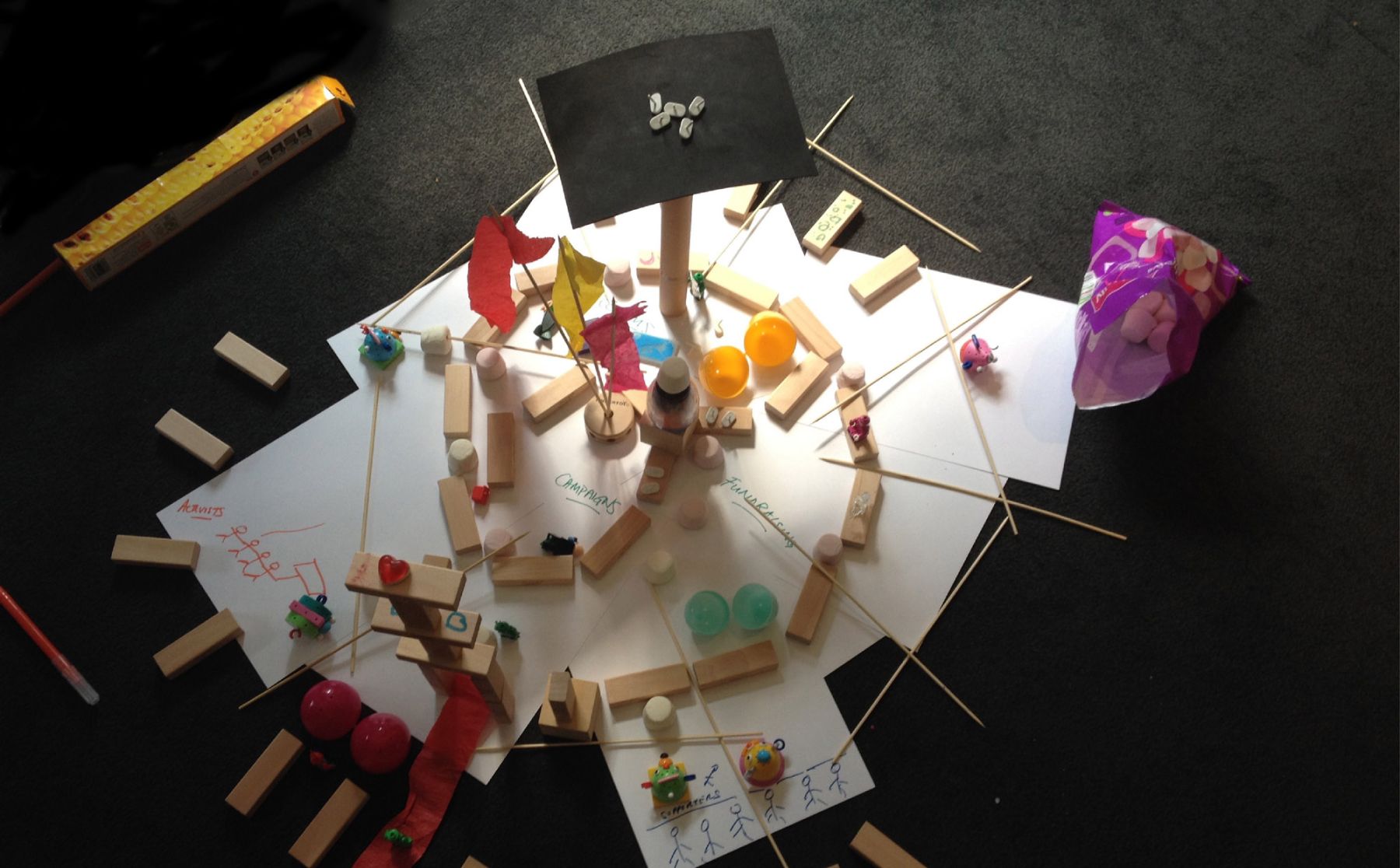Open until 11:30 pm
Roses are red, violets are blue…. Poetry has been around for many centuries with an ongoing allure. From Rumi's connection with the inner self to Shakespeare's beloved sonnets, poetry has a special spot on our bookshelves. Through poetry, openness and honesty captivate the soul. Prisoners found freedom writing poetry; amidst their coop, it made them feel whole.
When Saudi Arabia was a desert home to traders and natives, they found solace in poems. For women, poetry was their armor. In a war of words, Al Khansa battled and won against poetic men. In the seventh century, in the Najd region, she upheld fame and gained the respect of legions. Al Khansa was a reflective woman. Though heartbroken, she delivered eulogies for her brothers. Between their bravery and her poetry, she was not neglected and her name found fame. News was spread and stories were told. Through poetry, Saudi culture unfolded. Saudi Arabia was and is poetic. Through its history to its present, poetry has been electric.
March 21st marks World Poetry Day, to unite and ignite poets of the world. Poetry can be an artistic expression of hardships or ease, which are not always understood.
Modern poets chose to forgo tradition. Instapoets find instant fame. With social media, everyone is one and the same. Rupi Kaur wrote of trauma and feminism. With Milk and Honey, she broke out of a mental prison.
Poetry breathes inside us all, full of heart; written short and sometimes small, poetry makes us feel like art. We grew up with rhymes and rhythms; kids learn lessons through poetry's structures. Dr. Seuss took us places beyond, while others used poetry to form a bond. Kuwaiti poet, Fayeq Abdul-Jaleel, used his poetry to society's appeal. He wrote for change. He wrote for politics. He and others wrote in confidence.
Poetry stands the test of time; it fits for love and suits in crime. It opens hearts and changes minds. Poetry does not always rhyme, but when it does, it is perfected like a gem you find. Poetry has a record of distaste. Where some will love it, others place hate. Some find poetry unclear; yet somehow later, it becomes their career.
By Nora Al-Taha








